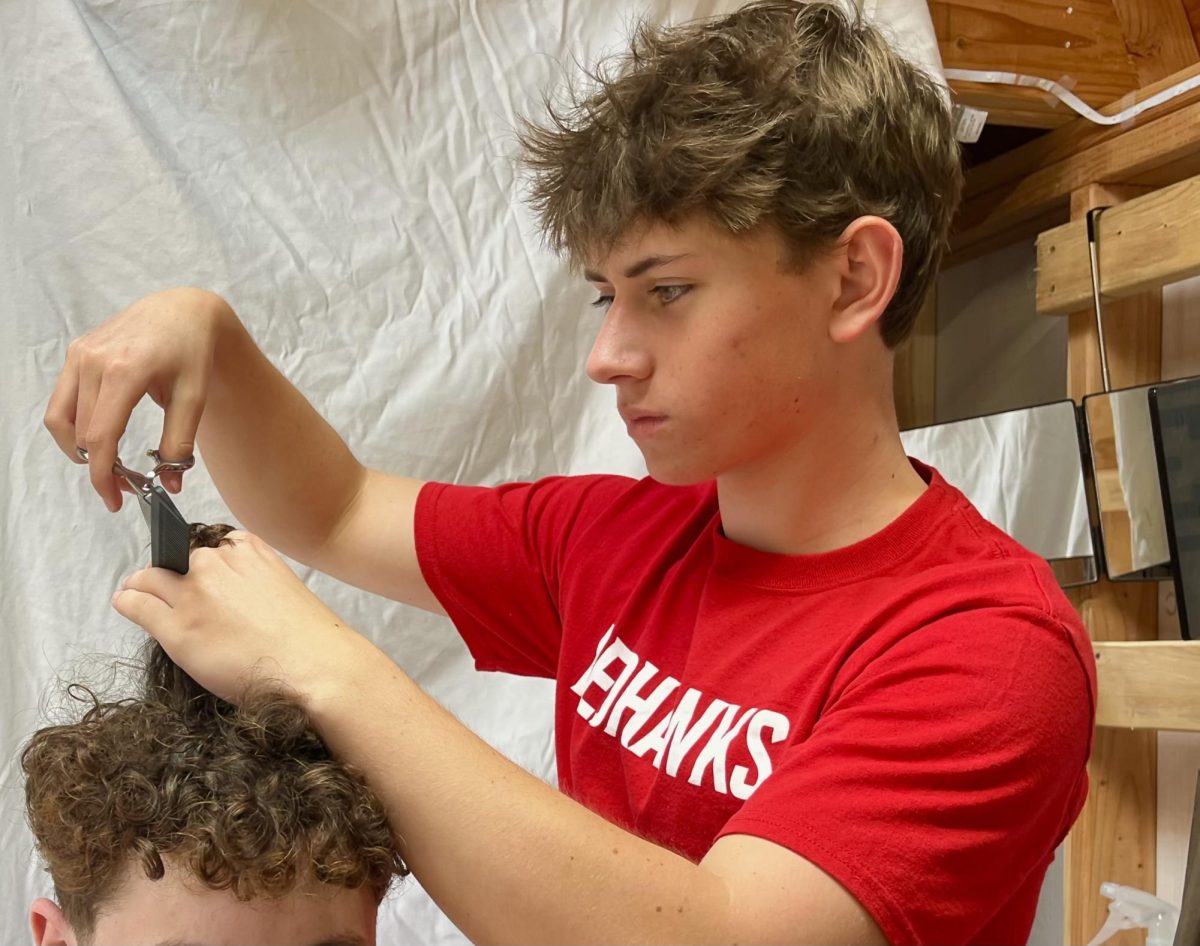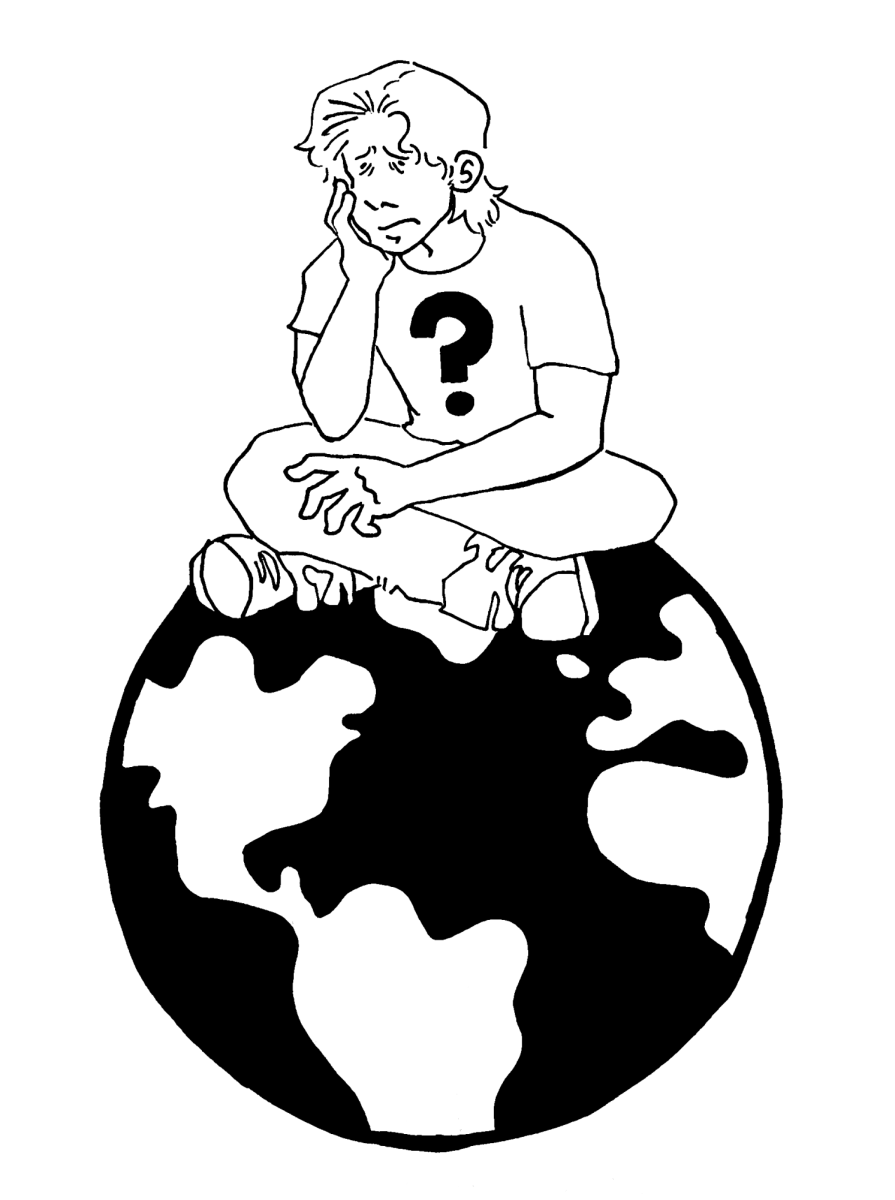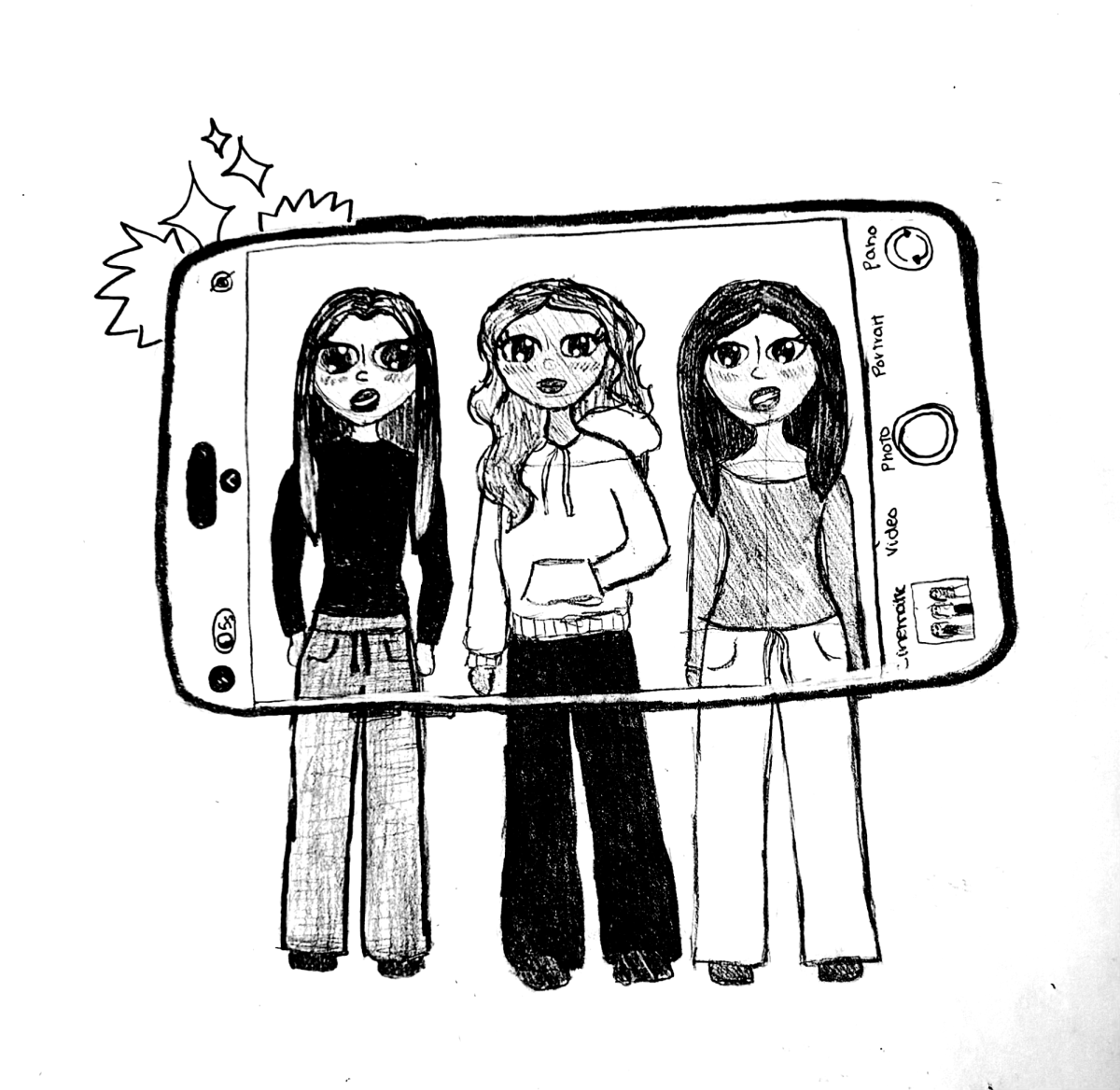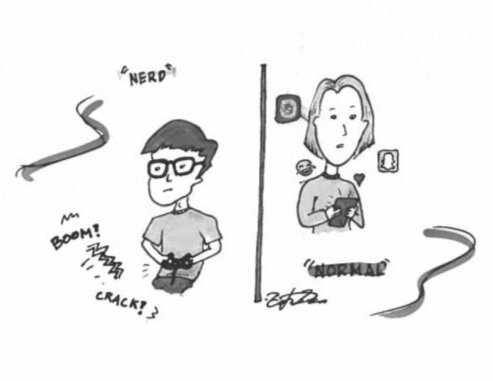Societal norms constantly degrade otherwise normal hobbies and activities
Max Schomber, Staff Reporter
Originally published March 8, 2019
Fletcher Anderson
As the walking embodiment of a stereotypical nerd, I constantly wonder why it is that I can’t talk about my hobbies to other students or even my family without getting strange looks or snickers in response. Relatives of mine have even gone so far as to say that just by playing video games I have a “problem”.
I’m constantly left to puzzle over my hobbies— and if there is really something wrong with me for liking the things I do. Yet at the same time, I also look around to see others sitting around on their phones, or playing sports that can be dangerous without proper practice—this serves as a constant reminder that any hobby, no matter how societally accepted, can look very strange to an outsider.
Video games, tabletop roleplaying games, you name it, just for enjoying one of these things someone is often a societal outcast. Since the dawn of the arcade cabinet, there has always been stigma around traditionally geeky activities
Whether it be the satanist fear around Dungeons & Dragons in the 80s, or the modern pseudo science that exists around video games innately causing violent behavior, the status quo is always present in some way or another to prevent the acceptance of us nerds into the modern world.
Even Dungeons & Dragons, the world’s most popular tabletop roleplaying game, is plagued with skepticism and spiteful claims of peculiarity. The game’s veterans are well versed on these claims, and are constantly left to explain why they are unfounded — Junior Sam Thiersch is one such player.
“I think people look down upon [Dungeons & Dragons] because they don’t know enough about it,” Thiersh said. “Without enough knowledge people tend to latch onto stereotypes.”
Thanks to this social stigma, access to many important skills that exist in the world of nerds are lost in favor of hobbies pushed on us by media or our peers. According to an article in Psychology Today, a website founded by research professor Peter Gray, video games are actually beneficial in improving our real life mental abilities, such as perception, visual processing and attention.
Yet video games aren’t the only nerdy hobby with benefits. According to an article on CBC, Dungeons and Dragons has been used to help players on the autism spectrum improve their social and communication skills.
While these kinds of activities certainly lack the fitness opportunities that athletics provide, it is important to realize that there are real incentives in trying out a hobby that some may see as weird.
I mean hey, if sitting around watching something on your phone, listening to music, or scrolling through social media are valid hobbies in the modern day and age, then what’s so weird about playing games on your screen, or interacting with your friends in the real world to make a story.
“Just try and hop into a game for at least one session,” Thiersch said. “And I guarantee you will have at least one great moment.”


























